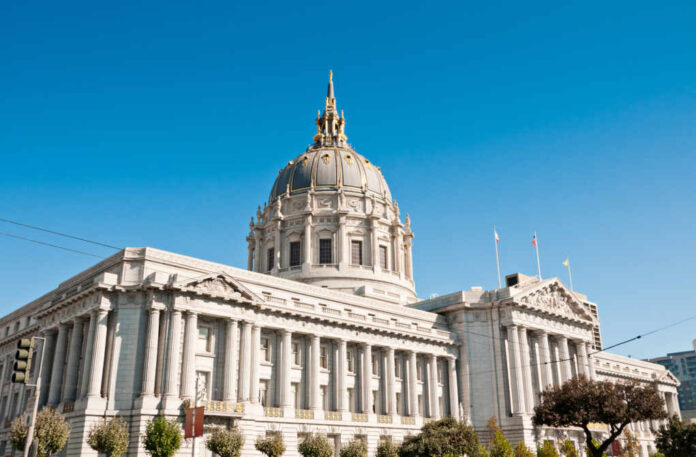
San Francisco has set a new standard in diluting the importance of citizenship by appointing Kelly Wong, a Hong Kong immigrant and advocate for immigrant rights to serve on the city’s Election Commission. Wong is not a U.S. citizen. The landmark appointment follows the city’s 2020 measure allowing non-citizens to serve on city boards and commissions.
Despite her inability to vote in the U.S., Wong’s role on the commission is expected to inspire other immigrants, echoing her own words, “If I can do it, you can do it.” That sentiment resonates deeply in the far-left city known for its multicultural population and progressive politics.
Hong Kong immigrant becomes first non-US citizen to serve on the San Francisco Election Commission | Just The News https://t.co/1zeAVHtnK3
— John Solomon (@jsolomonReports) February 19, 2024
Board of Supervisors President Aaron Peskin praised Wong’s activism, saying, “I’m very impressed by her commitment to enfranchising people who rarely vote.”
Wong was chosen in part because of her proclaimed commitment to “voter education” and making voting easier for non-English speaking residents. She added that she intends to help dismantle the “complexities of the voting system,” ensuring it is accessible to all residents, regardless of their language proficiency or citizenship status. Her activism includes work on translating voter materials on behalf of the large San Francisco population that does not speak English and has not assimilated into American culture.
Wong’s appointment has become a new focus in the ongoing debate about the roles non-citizens should play in American government and politics. San Francisco voters have shown a distinct willingness to virtue signal their support for “inclusivity” by expanding every conceivable social program and power in city government to non-citizens.
Critics argue that such appointments dilute the value of citizenship and undermine the principles of American democracy. The drive to define the value of democracy by only the number of people — citizens or otherwise — who are entitled to vote has become the overarching narrative of far-left progressives and globalist socialists in recent years.
Wong’s work extends beyond the commission as she advocates city-wide for immigrant rights and assists those facing language barriers. Her role at Chinese for Affirmative Action, a civil rights group focused on the Chinese community in San Francisco, highlights her ongoing commitment to community service and civic engagement.
As San Francisco navigates these uncharted waters, the impact of Wong’s appointment will be closely watched. It raises questions about the future of civic participation in American cities.














